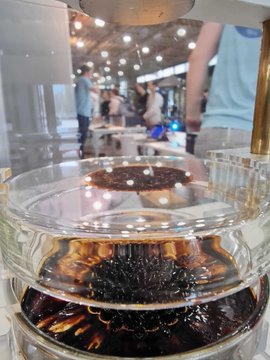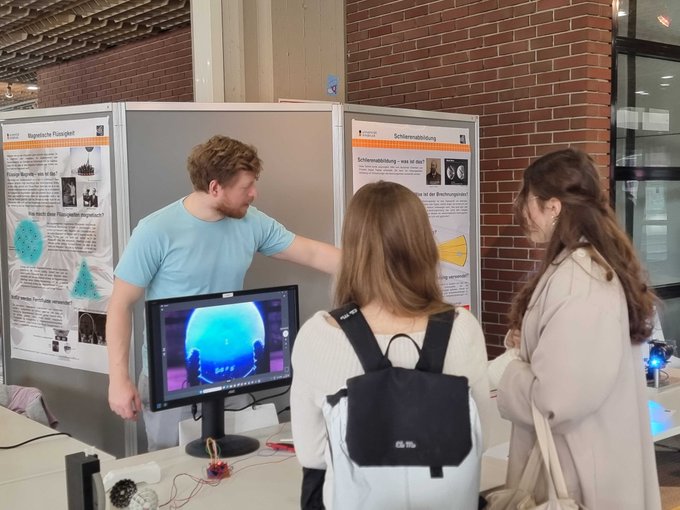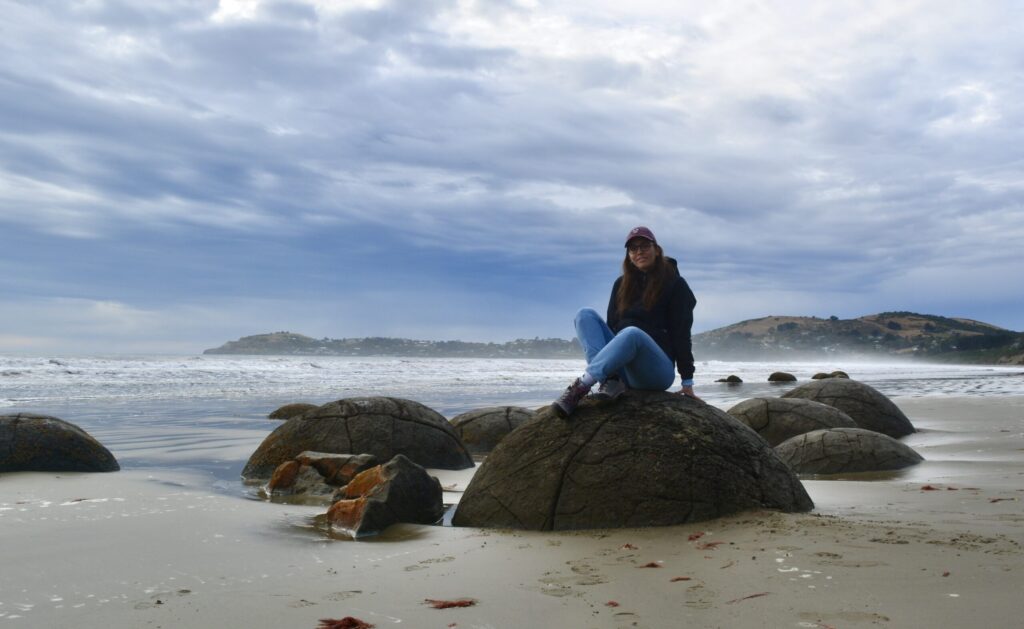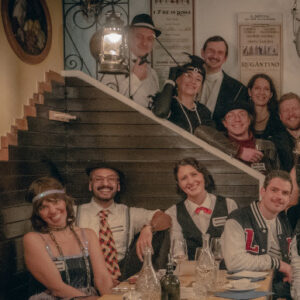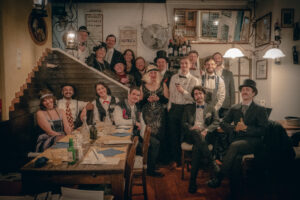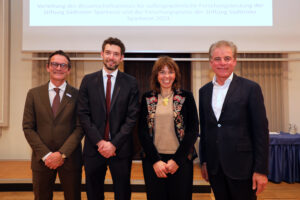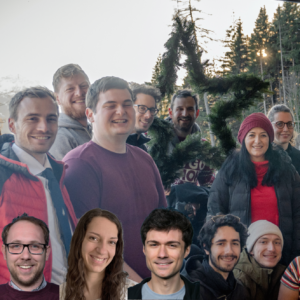Francesca Ferlaino will be featured in RadioKulturhaus’ “Was die Welt zusammenhält” program on March 6th 2024! Was die Welt zusammenhält (What holds the world together) invites leading scientists to meet personalities from culture, business and the media and exchange ideas about the future. Hosted by Günter Kaindlstorfer, this event’s guests are Francesca Ferlaino and Thomas Arnoldner, Deputy CEO of the A1 Group.
WED | 06 03 2024 | 7:30 p.m.
RadioCafe
Admission: FREE
Registration via the ORF RadioKulturhaus ticket office
More info can be found on the RadioKulturhaus Website: https://radiokulturhaus.orf.at/artikel/707984/Was-die-Welt-zusammenhaelt
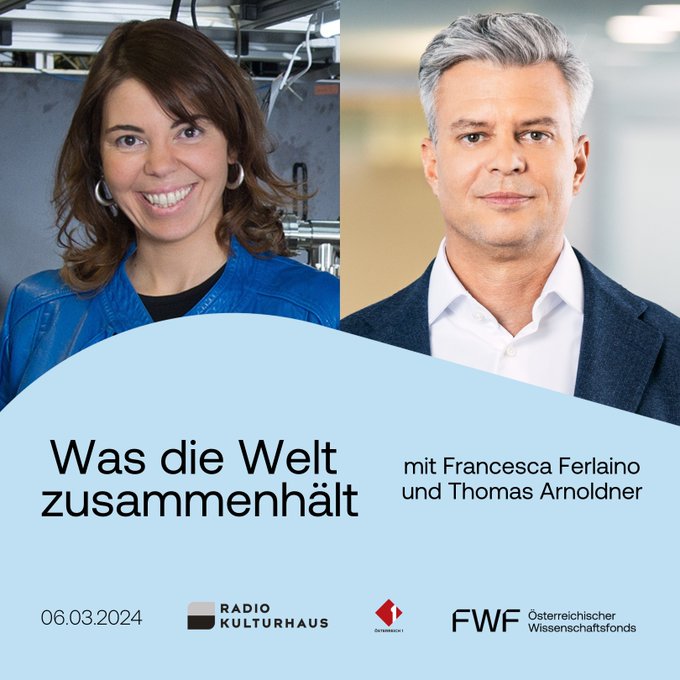
Keep Reading…

